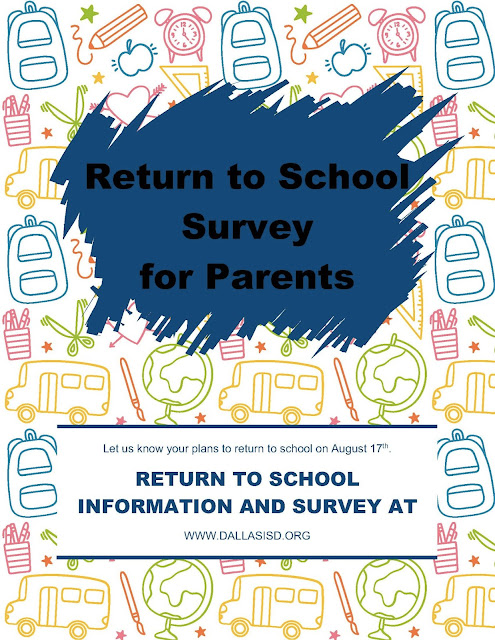March 18th, 2020 - Caring for Yourself and Others
If it hasn't already, it's probably starting to sink in that this may be our new "normal" for a while. Today's post is dedicated to helping address social, emotional, and physical needs while practicing social distancing.
The CDC has a great page dedicated to stress and coping:
The outbreak of coronavirus disease 2019 (COVID-19) may be stressful for people. Fear and anxiety about a disease can be overwhelming and cause strong emotions in adults and children. Coping with stress will make you, the people you care about, and your community stronger.
There is a section specifically for parents:
Here are a few other links that may help with your needs and those you support:
The CDC has a great page dedicated to stress and coping:
The outbreak of coronavirus disease 2019 (COVID-19) may be stressful for people. Fear and anxiety about a disease can be overwhelming and cause strong emotions in adults and children. Coping with stress will make you, the people you care about, and your community stronger.
There is a section specifically for parents:
For parents
Children and teens react, in part, on what they see from the adults around them. When parents and caregivers deal with the COVID-19 calmly and confidently, they can provide the best support for their children. Parents can be more reassuring to others around them, especially children, if they are better prepared.
Not all children and teens respond to stress in the same way. Some common changes to watch for include
- Excessive crying or irritation in younger children
- Returning to behaviors they have outgrown (for example, toileting accidents or bedwetting)
- Excessive worry or sadness
- Unhealthy eating or sleeping habits
- Irritability and “acting out” behaviors in teens
- Poor school performance or avoiding school
- Difficulty with attention and concentration
- Avoidance of activities enjoyed in the past
- Unexplained headaches or body pain
- Use of alcohol, tobacco, or other drugs
There are many things you can do to support your child
- Take time to talk with your child or teen about the COVID-19 outbreak. Answer questions and share facts about COVID-19 in a way that your child or teen can understand.
- Reassure your child or teen that they are safe. Let them know it is ok if they feel upset. Share with them how you deal with your own stress so that they can learn how to cope from you.
- Limit your family’s exposure to news coverage of the event, including social media. Children may misinterpret what they hear and can be frightened about something they do not understand.
- Try to keep up with regular routines. If schools are closed, create a schedule for learning activities and relaxing or fun activities.
- Be a role model. Take breaks, get plenty of sleep, exercise, and eat well. Connect with your friends and family members.
Learn more about helping children cope.
Read the full article HERE.
- Keeping kids at home during the coronavirus outbreak isn't easy. These moms are here to help.
- Here's What You Can Do to Improve Your Family's Emotional Health During the COVID-19 Pandemic
- Focus 3 founder and CEO, Tim Kight, delivers a powerful message on how to build a resilient mindset and skill set to get through challenging times. Video on Youtube - live webinar each day this week at 11:00 AM CST
- Best online streaming at-home workouts: Discounts, online classes, and what to know amid coronavirus
- Netflix Party lets friends have movie nights while social distancing. Here's how it works
- 10 ways to help avoid coronavirus when you need to leave the house (not advocating to leave your house)
And here are a couple pics from the beginning of the year to make you smile:




Comments
Post a Comment